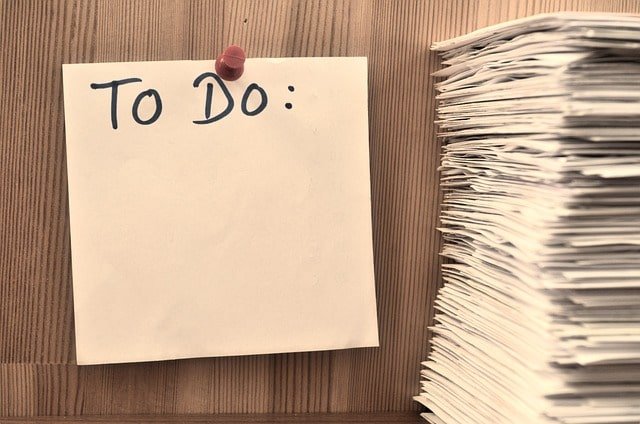You’ve probably already heard about “the mental load.” This is all the unseen work that keeps a family running. Making routine doctor’s appointments, keeping up with school correspondence, purchasing new clothing as children grow, and staying in contact with extended family would be examples of everyday tasks that are part of the mental load.
Now, you’ve probably also heard that “the mental load” tends to fall disproportionately upon mothers. Many couples begin their relationship vowing to be devoted to valuing each other as equal partners. The reality in most heterosexual households is that, once children come along, women wind up assuming more traditional roles and, more times than not, tend to take on more of the household and childrearing tasks. This may happen fairly quickly, possibly as an extension of some cracks in the foundation of equality that may have existed prior to children. Other times this may creep in more gradually as the tasks mount and it becomes necessary to just plain get things done. Regardless of the pacing, women are generally quicker to notice the tasks that need doing and more frequently follow through with execution.
That’s not to say that dads today aren’t doing a lot. They are. Most modern dad contribute much more labor to the family than past generations of dads. They change more diapers. They cook more dinners. They take more late night feeding shifts. Let’s give credit where credit is due.
So why, then, do we still hear about the mental load and how women are more burdened? The answer is that, even as dads began to contribute more to the family, the list of tasks and responsibilities in the family grew. Modern family life is complex. Many more women work outside the home at jobs with significant responsibility. Past generations of women often opted out of the labor force because they could only be in one place at a time. But technology allows modern moms to multitask and serve multiple roles simultaneously. And while women are wired for this kind of multitasking, the daily grind of balancing work and family is plain exhausting.
At the same time that technology made it easier for women to stay in the workforce, the expectations of parents shifted. Modern parents are expected to do so much more. Managing all of the children’s school needs and extracurricular activities is a full job unto itself. Schools expect parents to fill the gaps by serving as volunteers. As the intensity of extracurricular activities have increased, there is an expectation that parents will be every bit as devoted with their time an energy. Where prior generations of parents may have left older kids to walk, ride bikes, or take the bus to their activities, today’s parents are much more actively involved, taking on tasks such as driving, feeding and managing from the sidelines.
The reality it that it can seem like there are just not enough hours in the day to do it all. There are so many things to track, and women tend to step up and fill in the gaps in the mental load to keep the family ship afloat amidst the bulging family agenda. Many dads say they are happy to help and that they just need to know what to do. But women don’t have the time or energy to point out what needs doing. And this is where the complaints about being overburdened escalate.
Moms today would like dads take the initiative to identify a task that needs doing and follow through by seeing it to completion. This would contribute to the reduction of the mental load and also eliminate the need for moms to add to the mental load the additional task of delegating to dad. And that is how dads can help reduce the the complaints of women that they are overburdened by the weigh of the mental load.
Click here to learn more about therapy for moms.



